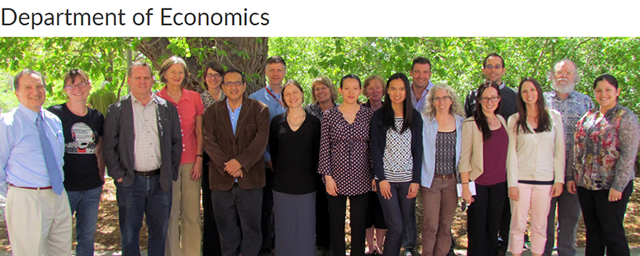
Economics ETDs
Labor Market Penalties For Foreign Degrees Among College Educated Immigrants: Update using 2018 Data
Publication Date
Summer 7-30-2024
Abstract
This paper revisits the questions posed by Arbeit and Warren in their 2013 study, "Labor market penalties for foreign degrees among college-educated immigrants," using updated data from the 2018 National Survey of College Graduates (NSCG). The original study, which analyzed data from 2003, focused on the economic and employment disadvantages faced by immigrants with degrees from foreign institutions in an increasingly globalized workforce. This updated analysis includes data on 21,071 college-educated immigrants to explore whether the geographic origin of an academic degree continues to influence access to high-quality employment opportunities and whether such impacts differ by gender. My findings reveal that both male and female college educated immigrants with foreign degrees are less likely to secure employment related to their highest college degree. Interestingly, while male immigrants do not experience significant wage penalties, female immigrants with foreign degrees earn approximately 25% less than their counterparts with U.S. degrees.
Degree Name
Economics
Level of Degree
Masters
Department Name
Department of Economics
First Committee Member (Chair)
Melissa Binder
Second Committee Member
Richard Santos
Third Committee Member
Xiaoxue Li
Language
English
Keywords
College-educated Immigrants, U.S. Degrees, Penalties, human capital theory, credentialism/signaling
Document Type
Thesis
Recommended Citation
Ajibade, Eunice T.. "Labor Market Penalties For Foreign Degrees Among College Educated Immigrants: Update using 2018 Data." (2024). https://digitalrepository.unm.edu/econ_etds/166
